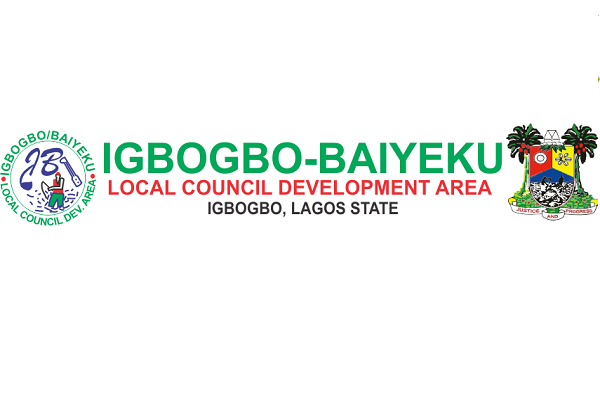The Nigerian Upstream Petroleum Regulatory Commission (NUPRC) has completed a case-by-case review of the marginal fields licensing that are due for renewal.
The exercise is a show of transparency and commitment to the development of the country’s hydrocarbon resources,
the Commission Chief Executive, Gbenga Komolafe, made the disclosure in Abuja during his address at the Petroleum and Natural Gas Senior Staff Association of Nigeria (PENGASSAN) Energy and Labour Summit (PEALS) 2025.
The theme of the summit was: ‘Building a Resilient Oil and Gas Sector in Nigeria: Advancing HSE, ESG, Investment, and Incremental Production.’
On the marginal fields that are due for renewal, Komolafe said the “2020 marginal field round was concluded before the NUPRC took off,” adding, “Every award is done in a manner that awardees are meant to meet specific terms of the Act.”
This was contained in the press statement the NUPRC Media issued yesterday.
According to the statement, Komolafe clarified that, based on the provisions of the law, the marginal field holders are expected to meet specific milestones upon which they will be assessed and considered for renewal.
He explained that a technical assessment was done by the Commission on the marginal fields on a case-by-case basis in line with the extant laws, adding that license renewal will be merit-based.
Komolafe said, “It doesn’t necessarily mean that they should meet the terms of the award at the same time. The Act has made it clear that the terms are organised in such a way that it is on a milestone basis. In that respect, for the marginal fields that are due for renewal, and in the transparent manner the NUPRC has operated, we try to look at each marginal field on a case-by-case basis.
“We defined the technical assessment criteria and made it available to all the marginal fields and requested them to cooperate. An expert team was set up that reviewed each of the awardees on a case-by-case basis and recorded it on a score sheet that was equally done transparently.”
Komolafe disclosed that the outcome of the assessment has been submitted to the Minister of Petroleum State Petroleum (Oil) for approval in line with the provisions of the Petroleum Industry Act.
“On the basis of that, we have submitted the results of the assessment to the Minister for approval. So, we believe that in the weeks ahead, successful companies that have met the required milestones will have their marginal fields renewed,” he stated.
He noted that the 2024 licensing round was a landmark exercise conducted with full transparency, praised by NEITI, broadcast live at the commercial stage, and widely commended as the first in which no one could claim a single dime was paid to anyone.
The NUPRC boss said, “The last licensing round that was conducted, which ended in 2024 is a licensing round that, as a country, we should be very proud of. That exercise, we got recommendations from NEITI. At that exercise, I made it clear as the regulator of the industry that, for once, we are going to make sure that the exercise conforms with all tenets of transparency.”
He added, “No one paid a penny outside the normal official data prying fees and drastically reduced signature bonus by Mr President as the Honourable minister in vacation of entry barriers for facilitation of investments in the industry.”
He said the Commission’s ambition is to be resource-responsible by harnessing hydrocarbons with world-class efficiency and environmental stewardship, while strategically investing in cleaner alternatives.
He said the NUPRC, guided by the transformative Petroleum Industry Act (PIA) 2021, has established a modern legal, governance, and fiscal framework that addresses long-standing investor concerns.
In the area of incremental production, the NUPRC boss said the commission has been able to spearhead strategic initiatives that directly support the Project One Million Barrels per Day incremental production target through proactive industry collaboration.
According to him, industry players are forging a common agenda for unlocking more than 810,000 barrels of oil per day, in potential peak output, from approved deep offshore development plans.
The NUPRC boss said that at the heart of the effort is the cluster and nodal development strategy, designed to maximise shared infrastructure, capture economies of scale, and enable coordinated tiebacks to existing FPSOs like Bonga, Egina, and Agbami.
Komolafe said that, coupled with reactivating dormant fields, accelerating approvals, and deploying improved recovery techniques, these efforts have led to increased production from a 1.46 million barrels per day baseline in October 2024 to 1.8 million barrels in August.
Speaking earlier, the President of PENGASSAN, Festus Osifo, commended the CCE for his commitment to drive transparency and accountability in the upstream sector.
He acknowledged the Commission’s innovations, noting that its consistent commitment to reforms has strengthened the upstream oil and gas sector.
Osifo said, “As the regulator of the upstream oil and gas sector, your industry is as strong and firm because you have proven over the years that you are committed to driving your mandate and decision to reform the industry.”




